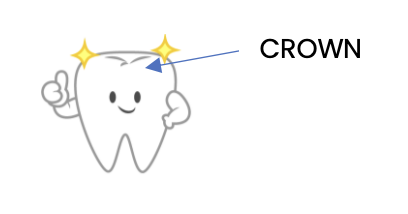Emergencies


Dental Emergencies
If your child is faced with a dental emergency, please call us immediately. Even after hours or on a weekend – Dr. George is always ready to offer assistance for kids who need urgent care.
Not all dental injuries require an immediate visit. You can check our handy list below to determine what constitutes an emergency and how to care for a child’s mouth or teeth before an emergency visit.
Of course, we welcome you to call our friendly team with any questions.
- Determine the pain point.
- Rinse mouth thoroughly with warm water.
- Use dental floss to dislodge any food that may be impacted.
- Give your child Ibuprofen or Tylenol for pain if needed.
After a few days, contact your dentist if:
- the pain still exists.
- you see a cavity. In this instance, do not place anything (e.g., aspirin, Orajel) on the tooth or surrounding gums.
- you see swelling next to the tooth. Your child will need to see a dentist as soon as possible.
- Apply cold compresses to the swollen area.
- Give your child Ibuprofen or Tylenol for pain if needed.
- Contact your dentist as soon as possible.
If the swelling occurs on both sides of the face, or your child is having difficulty swallowing or breathing, please seek immediate medical attention at a hospital emergency room.
- Apply ice to injured areas to help control swelling.
- If there is bleeding, apply firm, but gentle, pressure with gauze or a cloth.
If you cannot control the bleeding by simple pressure, call a doctor or visit the hospital emergency room.

Time is a critical factor in saving the tooth.
If possible, find the tooth.
If you find it:
- Handle it by the crown, not by the root.
- Rinse the tooth with water only. DO NOT clean with soap, scrub or handle the tooth unnecessarily.
- Inspect the tooth for fractures. If it is sound, try to reinsert it in the socket.
- Have the patient hold the tooth in place by biting on a gauze or clean cloth.
- If you cannot reinsert the tooth, transport the tooth in a cup containing either the patient’s saliva or some milk (NOT water). If the patient is old enough, the tooth may also be carried in the patient’s mouth, tucked inside their cheek.
The patient must see a dentist immediately! Time is a critical factor in saving the tooth.
- Contact your pediatric dentist for instructions.
- Unlike with a permanent tooth, a baby tooth should not be replanted due to possible damage to the developing permanent tooth.
In most cases, no treatment is necessary.
The dentist will want to see your child as soon as possible to evaluate the extent of the damage and take an x-ray to look for fractures to the bone or possible nerve damage.
- Rinse mouth with water.
- Apply a cold compress to reduce swelling if necessary.
- Avoid hot or cold foods to prevent sensitivity.
- Avoid having your child bite directly with the chipped tooth.
- If you can find the broken tooth piece, bring it with you to the dentist.
Contact your pediatric dentist immediately to reduce the chance for infection or the need for extensive dental treatment in the future.
- Contact your pediatric dentist for instructions.
- Avoid hot or cold foods to prevent sensitivity.
- Avoid having your child bite directly with the chipped tooth.
Typically, a chipped or fractured baby tooth is not urgent, but the dentist will likely want to see your child to evaluate the extent of the damage. S/he may take an x-ray to check for problems that are not visible.
If your child has had trauma to the face or head and has difficulty or pain opening or closing his or her mouth:
- Keep the jaw from moving.
- Take your child to the nearest hospital emergency room.
Call 911 immediately or take your child to the nearest hospital emergency room.

Did you know?
Your child can prevent dental emergencies during sports and recreational activities by using a mouth guard.

